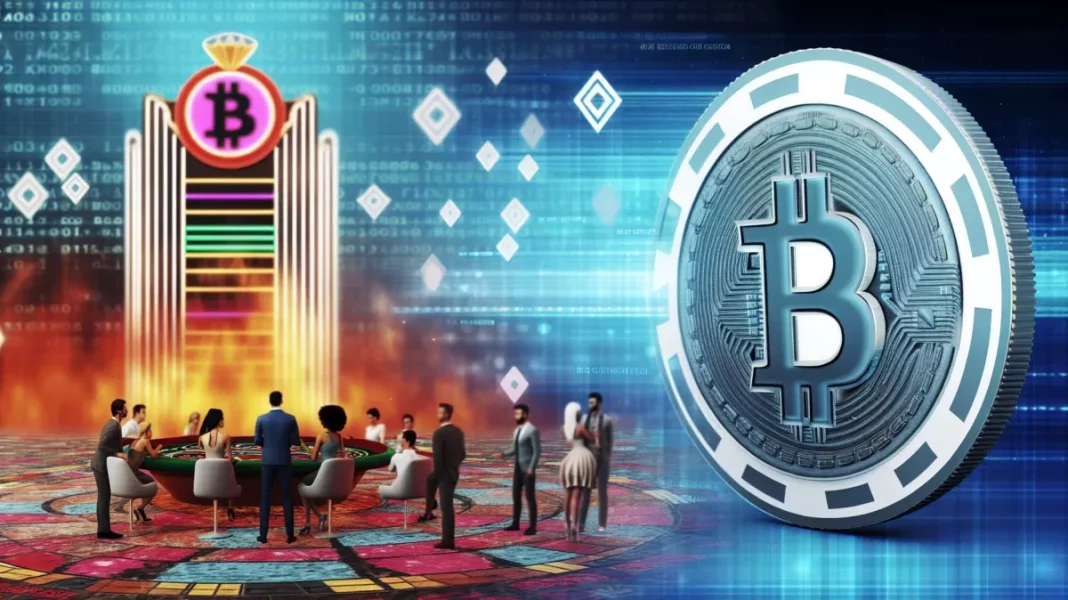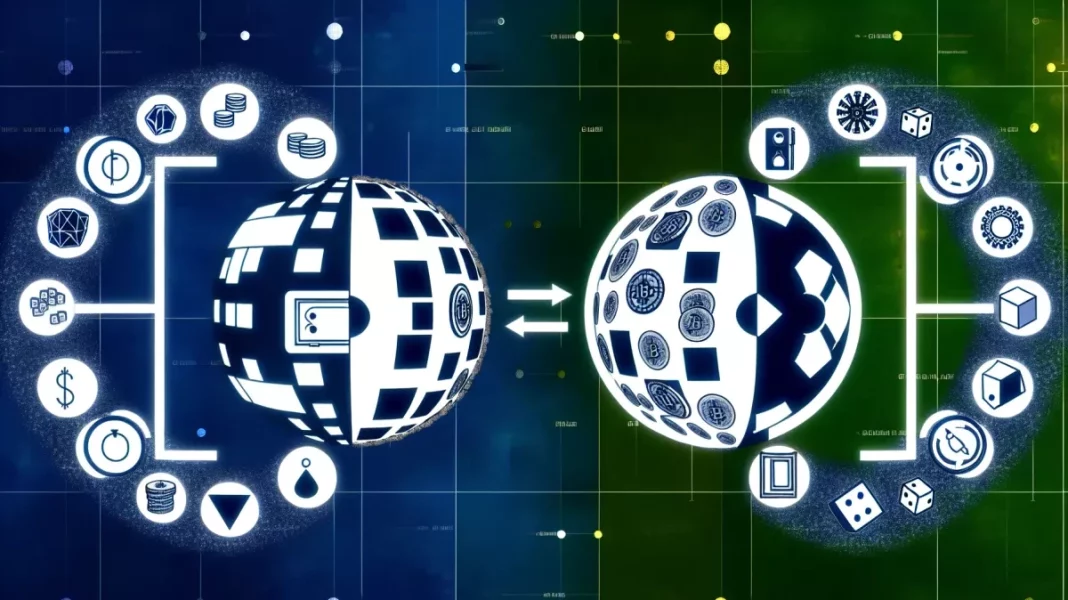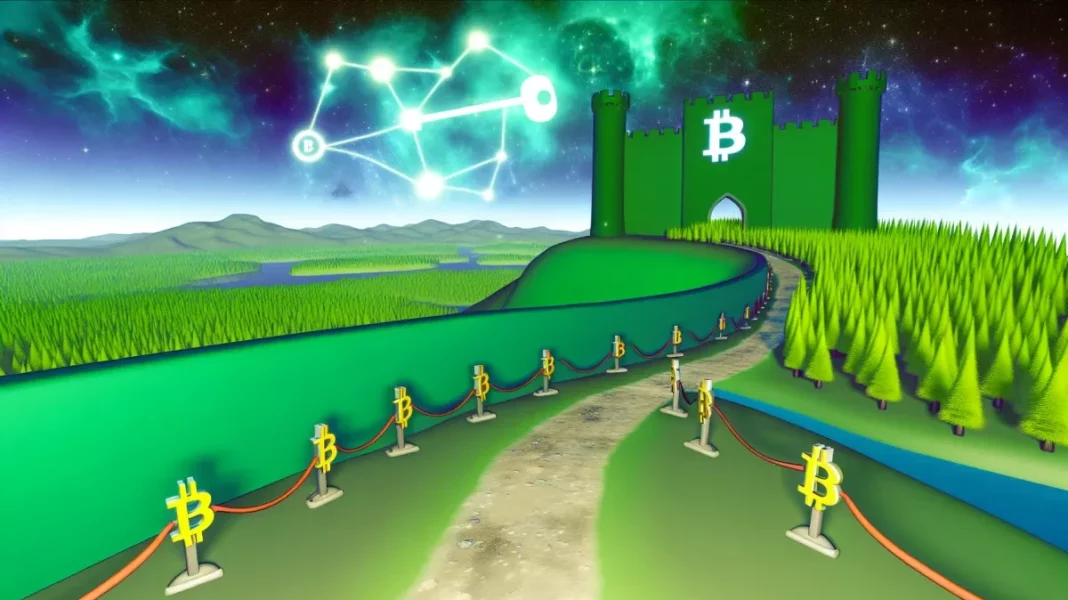In the dynamic world of online gambling, Bitcoin has long been a stalwart for privacy-conscious gamers and advocates of decentralized currency. However, in recent years, an intriguing new player has entered the arena: Non-Fungible Tokens, or NFTs. These unique digital assets have brought a fresh approach to the traditional models of gaming economics, resulting in a transformative period for Bitcoin gambling platforms, players, and the broader ecosystem.
NFTs, cryptocurrencies like Bitcoin, utilize blockchain technology to verify and ensure the uniqueness of each token. But unlike Bitcoin, which is fungible and can be exchanged on a one-to-one basis with another bitcoin, each NFT is distinct. These tokens can represent anything from digital art and collectibles to ownership rights and now, elements within online gambling environments.
The adoption of NFTs within Bitcoin gambling is revolutionizing the sector, weaving together the elements of collectibility, investment, and gaming experience. This phenomenon is not merely a fleeting trend; it’s a testament to a rapidly changing industry that seeks to leverage the capabilities of blockchain technology to enhance user engagement and platform dynamism.
Players in the space now find themselves empowered not only to wager and win but also to collect and trade bespoke NFTs that carry special significance, utility, and value within the gambling platforms. Imagine virtual gaming tables or slots where your NFT isn’t just a digital piece of art—it could also grant you access to VIP rooms, act as a token for in-game bonuses, or even serve as a stake in the platform’s operational profits.
The implications for tokenomics—the study of the economic framework of cryptocurrencies—are profound. NFTs introduce scarcity and exclusivity to digital assets within the gambling sphere, allowing for new kinds of value propositions and investment opportunities. Some platforms are already experimenting with NFTs that have embedded smart contracts to offer residual payouts from the game’s profits, essentially giving the token owners a share in the house’s wins.
Moreover, NFTs are driving innovation in betting mechanisms. For instance, prediction markets and social betting utilize NFTs to represent certain outcomes or positions. Owning a specific NFT could symbolize your stake in an event’s outcome, with the marketplace’s dynamics determining its value over time. This opens up new avenues for gamblers who love to speculate on more than just the game at hand and offers a fresh angle on conventional betting.
This seismic shift also underpins a growing trend: gamification of investment. Collecting and trading NFTs is not unlike playing a game itself, with the same psychological hooks—albeit with real economic stakes. As a result, Bitcoin gambling platforms are becoming increasingly sophisticated, offering an experience that blurs the lines between gaming, collecting, and strategic financial planning.
However, this rise is not without its challenges. The integration of NFTs into Bitcoin gambling raises questions about regulatory compliance, the environmental impact of blockchain technologies, and the sheer volatility that is inherent to cryptocurrencies and digital assets.
Despite these challenges, what’s clear is that the rise of NFTs in Bitcoin gambling is not simply a passing craze. It’s a robust development that reflects broader shifts in technology, culture, and economics, shaping an altogether new paradigm for players and platforms alike.
As Bitcoin gambling continues to grow and evolve, the role of NFTs will likely expand and diversify, offering even more novel and compelling ways to enjoy the intersection of blockchain and gaming. For observers and participants in this space, it’s a thrilling time—a front-row seat to the unfolding future of digital entertainment and economy. The stakes are as high as the potential rewards, and the only sure bet is that innovation will continue at a breakneck pace, reshaping our ideas of what it means to gamble, to play, and to invest in the ever-evolving digital landscape.



